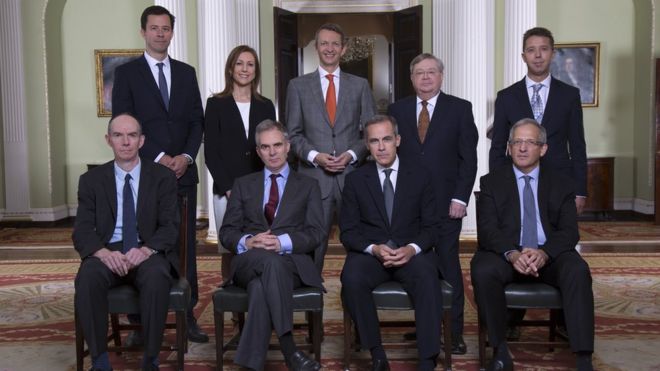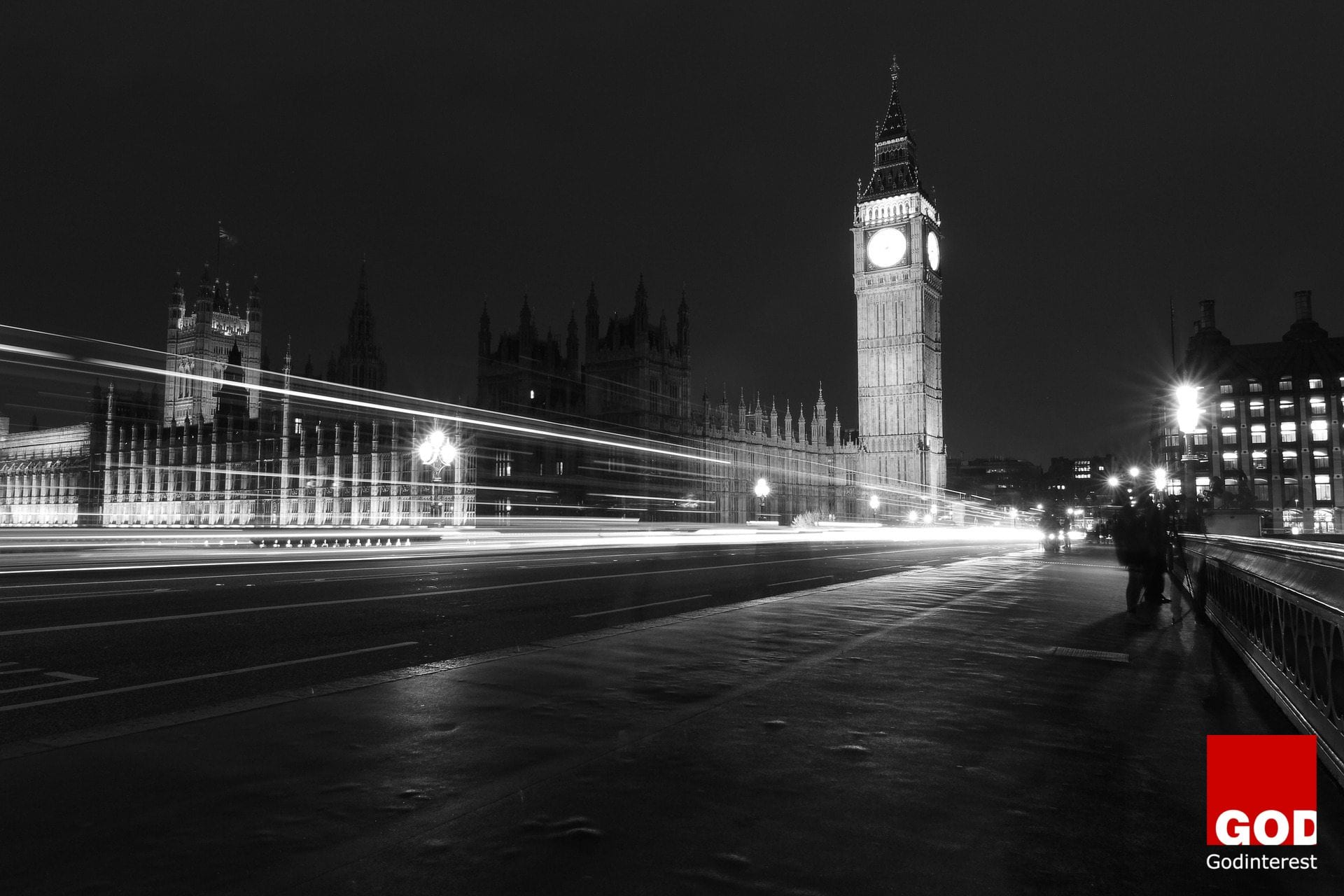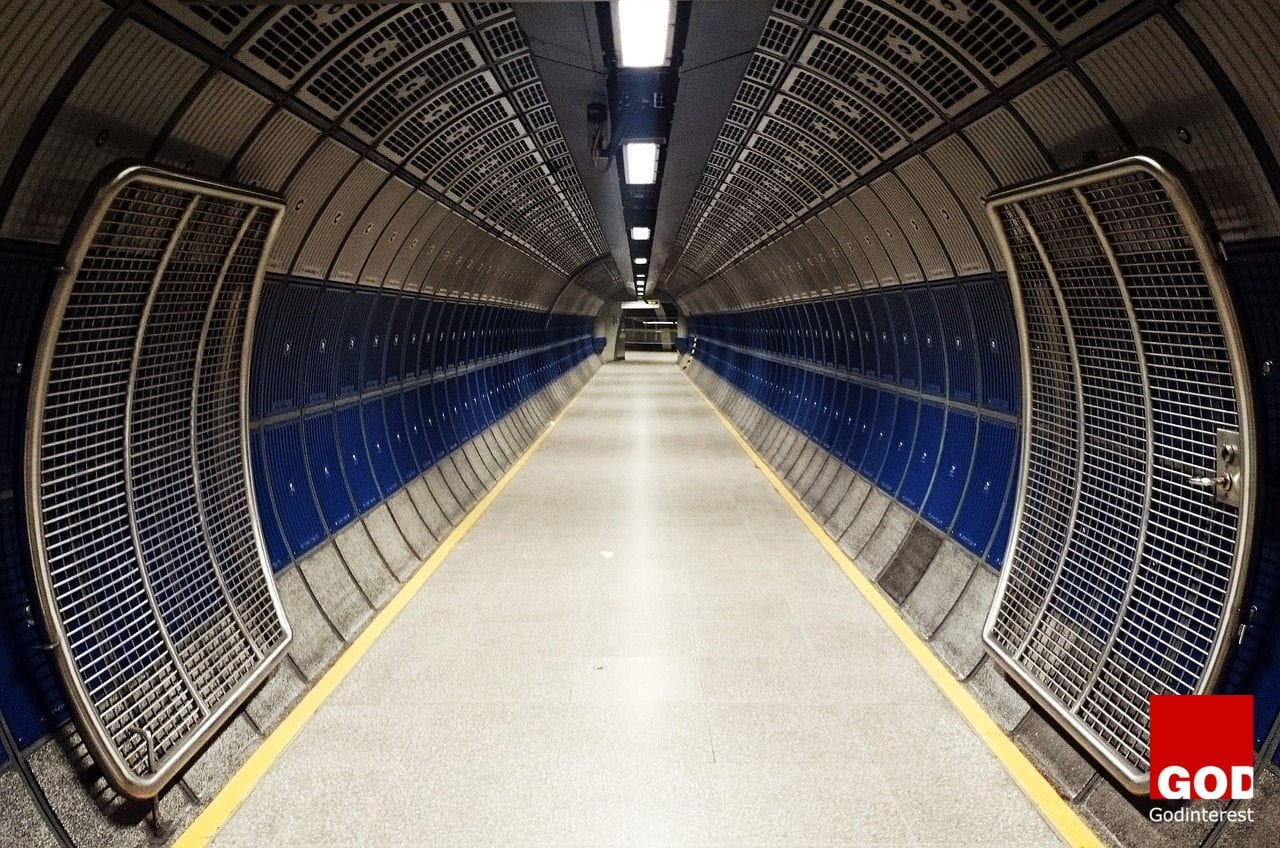The Duke and Duchess of Sussex have named their newborn son Archie Harrison Mountbatten-Windsor. Right up until now the newest royal was referred to in the press simply as “Baby Sussex”.
Meghan recently said: “It’s magic, it’s pretty amazing, and I have the two best guys in the world, so I’m really happy,” she said during her son’s first brief encounter with a television camera.”
The name was announced shortly after the Queen met her eighth great-grandchild for the first time at Windsor Castle, where earlier the couple showed him off to the cameras and then posted pictures to social media.
“He’s already got a little bit of facial hair as well,” the bearded prince joked.
Archie’s first Instagram got 1.4MILLION likes within an hour of making his social media debut as his parents shared heart-warming family pictures taken by their personal photographer.
Both the Duke and Duchess of Sussex are so incredibly grateful for the warm wishes and support they’ve received from everyone around the world, since welcoming their son two days ago.
The royal birth
Meghan gave birth to the couple’s first child at 5:26 a.m. local time on Monday. He weighed 7 pounds and 3 ounces, and Harry said on the day that both mom and baby were doing well.
Will Archie have a title?
By deciding to call their son Archie Harrison Mountbatten-Windsor, it is thought that the Duke and Duchess have in doing so signified they will not use a title for their first born.
The baby could have become Earl of Dumbarton – one of Prince Harry’s subsidiary titles – or have been Lord Archie Mountbatten-Windsor, but instead he will simply be Master Archie Mountbatten-Windsor.
Will Archie be a Christian and attend Church?
Yes, every member of the royal family is Christened into the Church of England, which is a Protestant strain of Christianity.
The reigning monarch, who’s currently the Queen, holds the title of Defender of the Faith and Supreme Governor of the Church of England.
During her 1953 Coronation, Her Majesty was anointed by the Archbishop of Canterbury and took an oath to “maintain and preserve inviolably the settlement of the Church of England”.
As part of her role as the Defender of the Faith, the Queen helps the Prime Minister appoint archbishops, bishops and deans of the Church of England.
Prince Charles has previously said that, when he becomes King, he will be known as Defender of Faith – to avoid excluding all the other religions practised in Britain today.
Harry and Meghan, a timeline
8 November 2016 – Kensington Palace releases a statement that confirms Prince Harry has been dating Meghan Markle “for a few months” and asks the press to respect their privacy
28 November 2017 – Harry and Meghan announce they are engaged to be married
15 December 2017 – Kensington Palace confirms the couple have chosen to wed in Windsor on 19 May the following year
19 May 2018 – Harry and Meghan are married in front of 600 guests at St George’s Chapel and become the Duke and Duchess of Sussex
15 October 2018 – Kensington Palace announces the duchess is pregnant, and is due to give birth in Spring 2019
6 May 2019 – Meghan gives birth to a boy, who becomes seventh in line to the throne





The Queen and Duke of Edinburgh meet royal baby Archie, held by Meghan as Prince Harry and Meghan’s mother, Doria Ragland, look on. Photograph: Chris allerton/Sussex Royal/Twitter

























